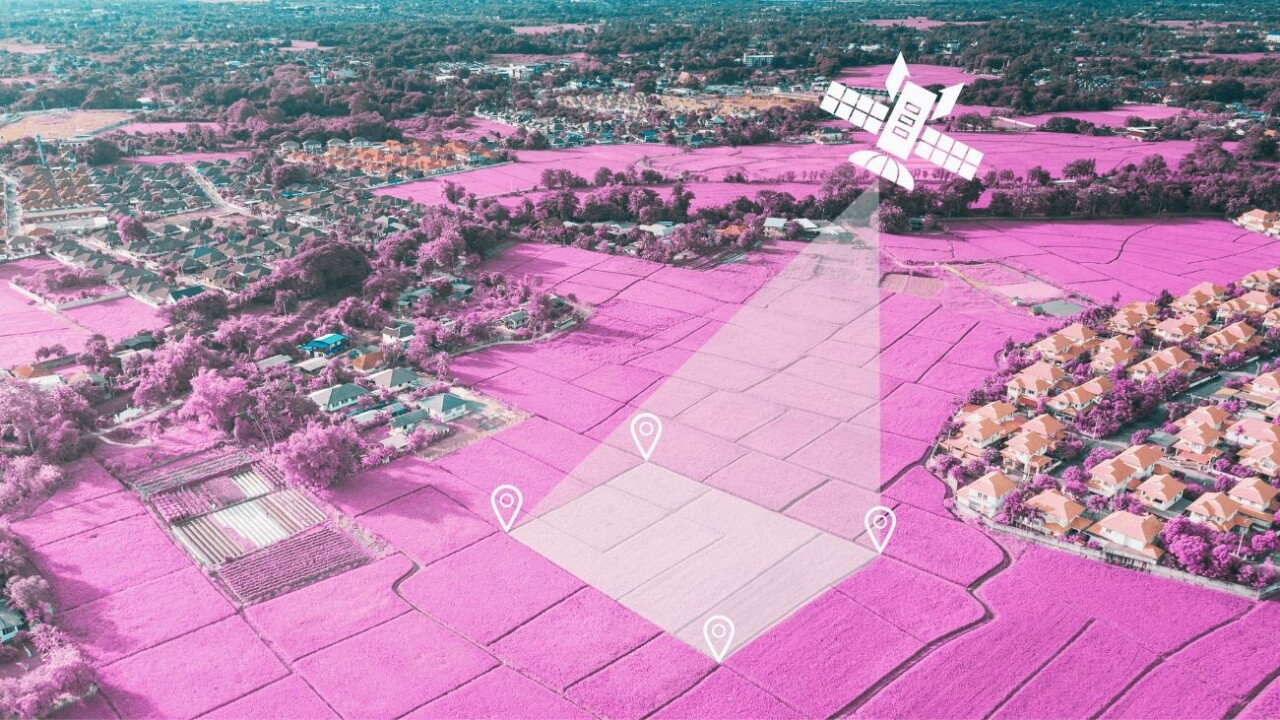
For millennia, farmers have monitored the health of their potatoes, pumpkins, or pineapples by walking through the fields and looking at them. As you can imagine, this process is time-consuming and often inaccurate, especially over large areas.
German deep tech startup constellr believes there is a better way. A spin-off from the Fraunhofer, Europe’s largest organisation for applied science, constellr is developing a satellite-based crop monitoring system that acts as a farmer’s eyes in the sky — and has just raised €17m in seed funding to scale it up.
The startup’s tech, which it claims is a world-first, comprises constellations of microsatellites, equipped with thermal infrared and hyperspectral imaging instruments. These gather daily, global land surface temperature data.
Constellr sent its first thermal imaging sensors to the International Space Station in 2022 in a trial run. Now, armed with fresh funds, constellr looks to deploy the first of its shoe-box-sized thermal imagery satellites in 2024.
The startup won’t need a whole squadron of satellites to get the job done though. According to CEO and co-founder Max Gulde, they only need to put four satellites into orbit in order to capture daily imagery of any field on Earth.
Once deployed, the satellites’ sensors will capture data that is used to compile heatmaps that display plant stress and water availability at a sub-field level. This makes it far more accurate than sentinel-3, the European Space Agency’s (ESA) primary Earth observation satellite.

Crucially, constellr says its technology will be able to identify changes in crop health days to weeks before these signs become visible. This could enable farmers to react early and prevent crop failures, which can destroy livelihoods and disrupt global food supplies.
“Climate change is the fundamental challenge our generation is facing and, in our efforts to combat its effects, we must ensure the global food and water systems are more resilient,” said Steven Jacobs, venture partner at Lakestar, one of constellr’s main investors.
Since it was founded in 2019, constellr has raised about €30mn in private and grant capital, according to Dealroom data. The latest seed funding round, announced last week, was led by French venture fund Karista.
In addition, last month, constellr was awarded a €5mn contract by the European Commission and the ESA to join Copernicus, the world’s largest earth observation programme.
In April, the company also acquired ScanWorld, a Belgian hyperspectral satellite imagery and analytics startup, as part of its plans to become Europe’s market leader in beyond-visual data services for smart farming.
Get the TNW newsletter
Get the most important tech news in your inbox each week.




